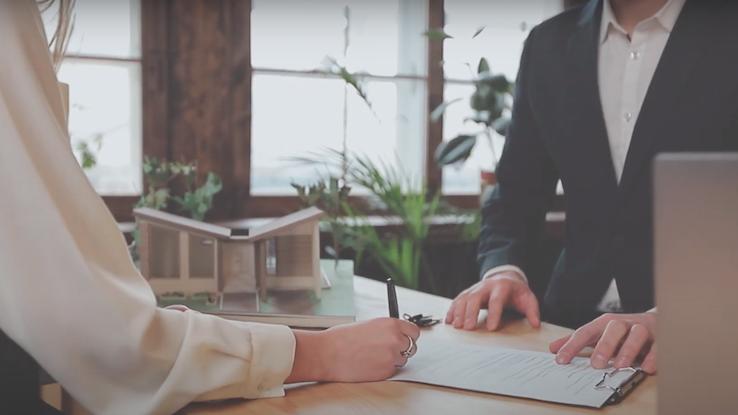
Sometimes a little extra money can come in handy. Whether you want to start a business, tackle some home improvement projects or make a big purchase, it’s helpful to be able to borrow money. When you do need extra money, you might consider visiting a bank for a loan.
Often, the bank prefers that you secure your loan with collateral because it’s less of a risk for the financial institution to lend you money. Collateral is an asset that you own and pledge against the loan. The bank has the right to seize or take over your collateral if you fail to pay back the loan. Because it can sell the collateral if you don’t pay back your loan, the bank can recoup some of the money. You have a choice of using several different types of assets as collateral, so you have options when you pursue a secured loan.
Your House or Home Equity
If you own your home, you can use the house as collateral for a secured loan. The value of the home, or the equity you have in it, can help determine the amount you can borrow for the loan. You can use your home as collateral by taking out a second mortgage or use the equity in your home as collateral for a bank loan or revolving line of credit.

It’s important to make sure that you set up your loan with payments that you can afford. Don’t borrow too much against the equity or value of your home if it means the payments will become too high for you to budget for comfortably.
Your Vehicle
If you own your car outright, you may be able to use it as collateral for your secured loan. The value of your vehicle, usually based on references like Kelley Blue Book, will determine how much you can borrow. You can also use a different type of vehicle, such as a boat or RV, as collateral on a secured loan.

However, you should avoid title loans, which are also known as title pawns. The interest rate is far higher on these loans than on bank or credit union loans — often as high as 100% — and you may have to pay back the amount of the title loan, including interest, in as few as 15 to 30 days. A title loan can become a financial trap if you don’t have the means to pay it back quickly.
Your Savings and Investments
Some banks allow you to use the money in your savings account as collateral for a secured loan. One of the biggest advantages of a savings-secured loan is that you can borrow against the money that you’ve saved without having to use it or take it out of your account. It can be easier to qualify for a loan that uses your savings as collateral, even if your credit score is low.

You can usually continue to earn interest on your savings while using it as collateral, although the rate may be lower than what you’d earn under other circumstances. If you’ve done a good job saving your money, then a savings-based secured loan can be an easy and safe option for you.
If you have a robust stock and investment portfolio, you can sometimes use it to secure a loan based on your investments. These secured loans are a little different because you’ll most likely have to go through your investment banker to apply for a loan that uses your stocks as collateral.
The disadvantage of a loan that uses your investment portfolio this way is that the market fluctuates. If the market experiences significant losses, your stock values can drop below what you owe. In that case, the lender can demand that you pay immediately to make up the difference. Keep market variations in mind before you decide to use your stocks as collateral for a loan.
Important Things to Consider
Before you make a decision on a secured loan — no matter what collateral you use — it’s essential to shop around. You may think that a bank that you have a relationship with is automatically the best option for you because your financial situation is already familiar and accessible to loan officers and others who work there. While that may be the case, it’s worth exploring your options to make sure you’re getting the best interest rate possible.

It’s also important to remember that when you use any asset as collateral, you put it at risk. If you can’t pay back your loan or refuse to pay it, the bank can seize your collateral, which means that you can lose your home, vehicle, savings or investments — whatever you’ve used to secure the loan. Don’t rush into a secured loan. Ask yourself if you’d be comfortable losing the asset if the worst-case scenario happened. Do your homework, and learn as much as you can before you make a decision.





